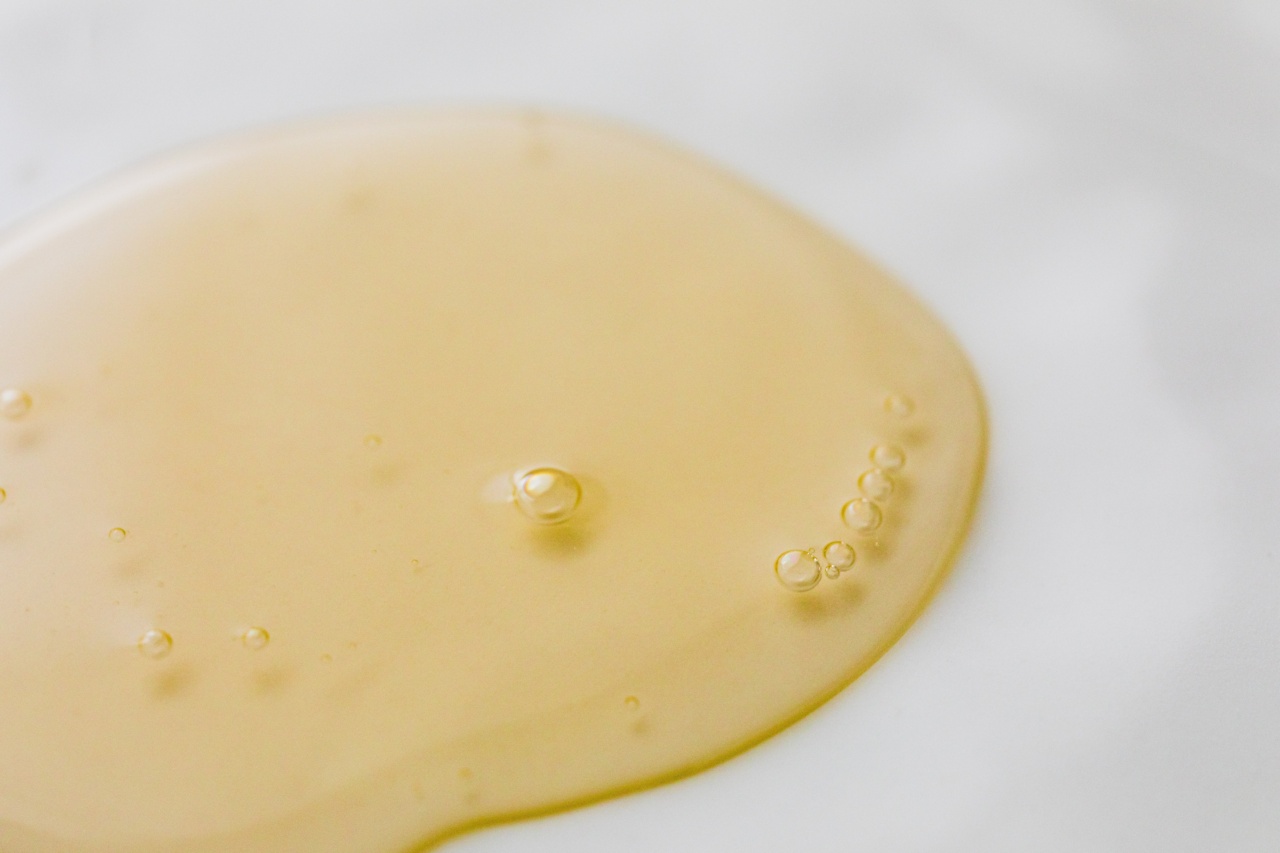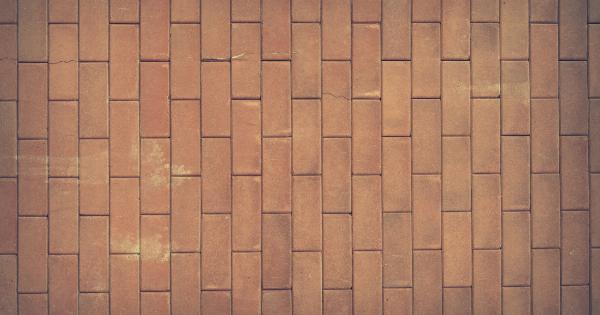Gymnastics entails a lot of body movement and sweating. It is therefore essential to hydrate adequately before, during, and after training to maintain optimal performance and avoid dehydration.
Proper hydration during training is essential for optimal performance in gymnastics.
Why Hydrate?
Hydrating during gymnastics offers several benefits that include maintaining optimal body temperature, enhancing joint lubrication, ensuring adequate blood flow, and preventing injury.
Dehydration often leads to exhaustion, muscle cramps, and reduced concentration during training, all of which impact gymnastic performance. Drinking enough water will help prevent these undesirable effects and improve performance and recovery time.
How Much to Drink
The amount of fluid that you need during gymnastic training depends on several factors such as duration, intensity, level of physical exertion, and environmental factors such as temperature and humidity.
Generally, a good guideline to follow is to consume at least 17 to 20 ounces of fluid 2 to 3 hours before the workout and 7 to 10 ounces of fluids every 10 to 20 minutes during the workout. This will ensure that you maintain adequate fluid levels in your body.
What to Drink
When hydrating, it is essential to consume fluids that are easily absorbed by the body. Water is the best option for most people because it is readily available, inexpensive, and easily accessible.
During training, you could also opt for sports drinks that contain electrolytes, sodium, and potassium. These drinks help replace nutrients lost during sweating and enhance absorption. Avoid excess caffeine and alcohol because they increase urine production, leading to more fluid losses.
Symptoms of Dehydration
Dehydration is a real concern in gymnastics training. Failing to hydrate adequately during training could lead to several symptoms that could affect performance. These symptoms include:.
- Headache
- Dizziness
- Nausea
- Fatigue
- Inability to concentrate
- Dark-colored urine
- Muscle cramps
As soon as you experience any of these symptoms, stop your workout, and rehydrate immediately.
Pre-Workout Hydration
Gymnastics training requires adequate pre-workout hydration to help you stay energized and motivated during training. Drinking water a few hours before the workout will help keep you hydrated during the workout.
Additionally, consume fruits and vegetables that contain a high water content such as watermelon, grapefruit, and celery.
During Workout Hydration
Staying hydrated during the workout is essential to maintain optimal performance. Drinking about 7 to 10 ounces of fluid every 10 to 20 minutes will help keep you hydrated, replace lost fluids and prevent dehydration.
Sports drinks containing electrolytes and carbohydrates can help rehydrate faster and maintain energy levels. Sipping the fluids slowly avoids stomach discomfort and ensures that you consume the necessary amount of fluids without over drinking.
Post-Workout Hydration
Post-workout hydration is critical to recovery after gymnastics training. Drinking fluids after the workout will help replace lost fluids and prevent muscle soreness.
Consider drinking fluids that contain protein, such as chocolate milk, to help the body rebuild muscle tissue faster.
Conclusion
Proper hydration is vital to maintaining optimal gymnastics performance. Hydration should start before the workout, continued throughout the training and post-workout. Also, listen to your body for signs of dehydration and respond appropriately.
Drink fluids that are easy to absorb and contain electrolytes where possible to improve rehydration and nutrient replacement.



























